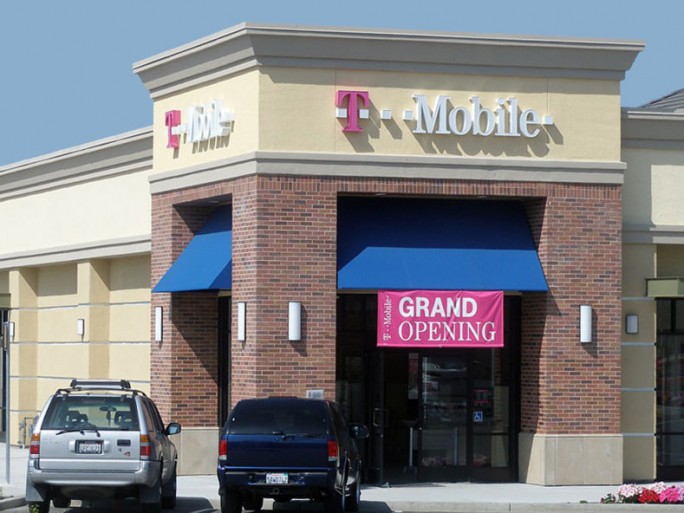US Judge Approves T-Mobile’s Sprint Acquisition

Appeal by a number of US states that acquisition would violate antitrust laws and raise prices has been overruled by US judge
The likehood that US telecoms company T-Mobile will acquire rival Sprint in a $26bn (£18.9bn) deal has moved one step closer this week.
The merger, which almost took place in 2014, was finally announced in April 2018, but it was always going to face significant regulatory scrutiny over concerns it would reduce competition, and result in higher prices for consumers.
Deutsche Telekom, which owns T-Mobile, had been negotiating with Japan’s SoftBank, which controls Sprint, for years. The all-stock deal will see Deutsche Telekom own 42 percent of the combined company, with SoftBank holding 27 percent.
![]()
Competition concerns
The acquisition will reduce the number of nationwide wireless carriers in the United States from four to three.
However, the combined firm which will keep the T-Mobile name, will boast more than 125 million wireless subscribers, and give it more clout when competing against the two biggest American carriers, namely Verizon and AT&T.
And the deal seems to be more certain of going through after US District Court Judge Victor Marrero on Tuesday approved the deal, Reuters reported.
During a two-week trial in December, Sprint executives had reportedly argued that the deal was a matter of survival.
Uniting T-Mobile’s low-band spectrum and Sprint’s mid-band spectrum could allow a faster roll-out of a national 5G network, the companies reportedly said.
Sprint and T-Mobile said in a statement that they would move to finalize the merger, which is still subject to closing conditions and possible additional court proceedings.
The judge’s decision is a blow for a number of US states, led by California and New York, who had argued the deal would reduce competition, leading to higher prices.
“The merger of T-Mobile and Sprint will create another telecommunications behemoth in an already dangerously consolidated market,” US Senator Richard Blumenthal, a member of the Senate Judiciary Committee, reportedly wrote on Tuesday.
Judges ruling
But Judge Marrero said he based his decision on three essential points. The first was that he was not persuaded by the states that the deal would lead to higher prices or lower-quality wireless services.
He also disagreed that Sprint would remain a strong competitor and was unconvinced that DISH Network Corp, which is buying divested assets from the deal, would fail to live up to its promises to enter and compete in the wireless market.
“The court concludes that the proposed merger is not reasonably likely to substantially lessen competition,” Judge Marrero reportedly wrote, adding that he was confident in DISH’s ability to transform into a “disruptive maverick” in the wireless industry.
The merger would permit Sprint and T-Mobile to save money by closing branches and merging networks, providing more funds to invest in infrastructure and 5G development.
Regulatory approval
T-Mobile chief John Legere, who is to head the new firm, had previously the deal would allow the combined company to invest more in 5G development, expand its network and create tens of thousands of jobs in the rural US.
The deal had also been subjected to approval by both the US Justice Department and the Federal Communications Commission (FCC) regulator.
The US DoJ approved the deal last July when the carriers agreed to sell some prepaid assets to Dish.
The Federal Communications Commission signed off on the deal in October in a vote split 3-2 along party lines.
What do you know about mobiles past and present? Try our quiz and find out!